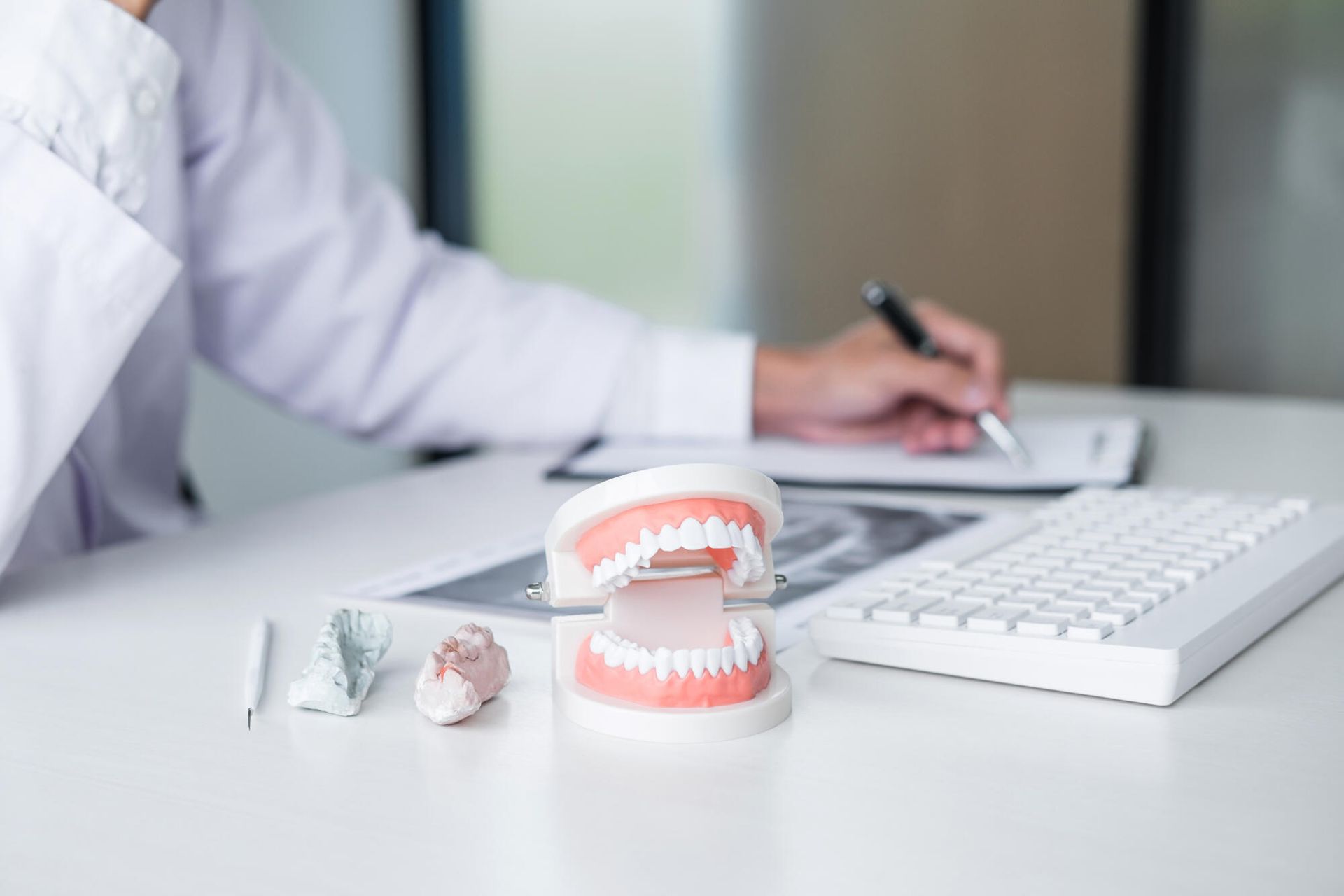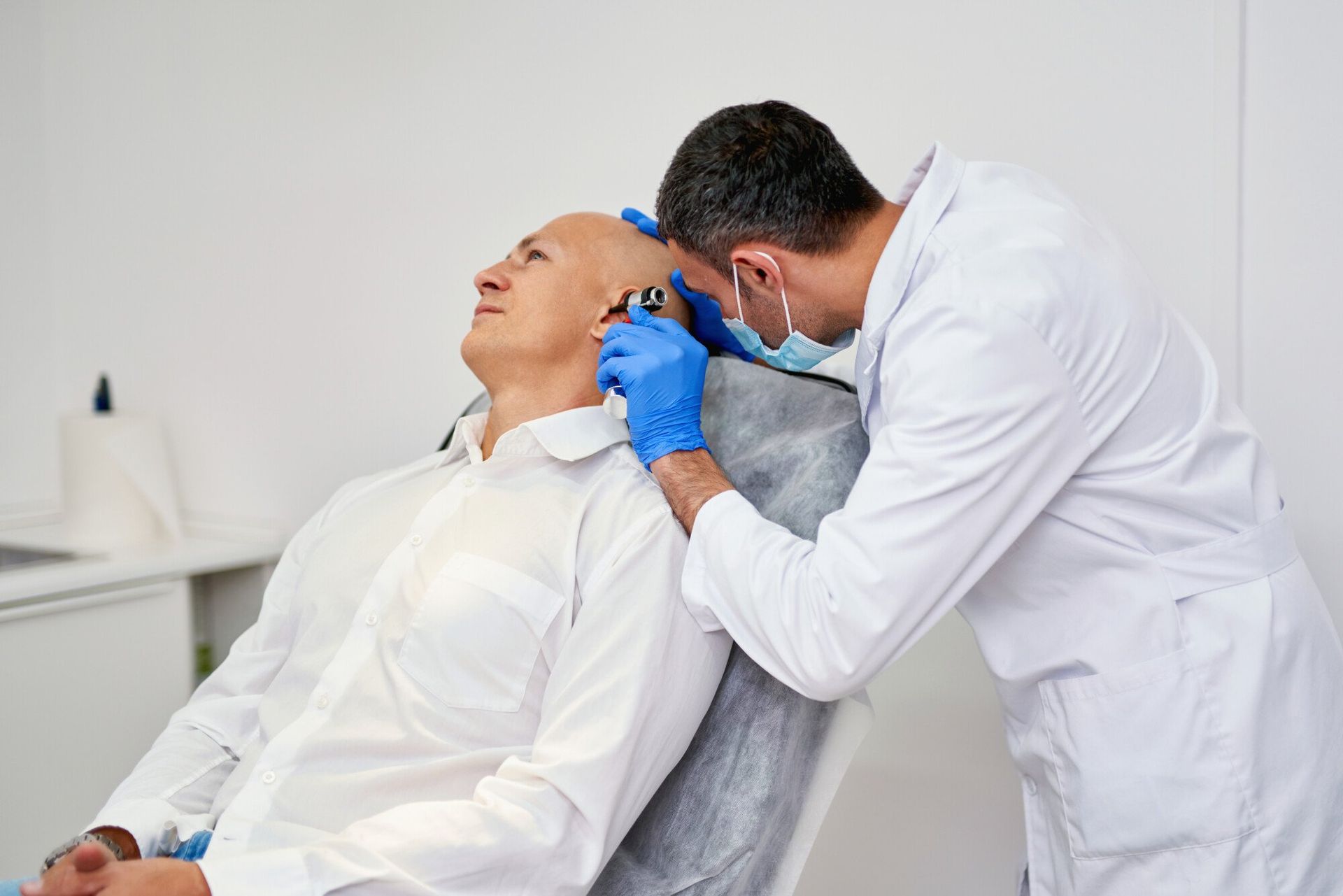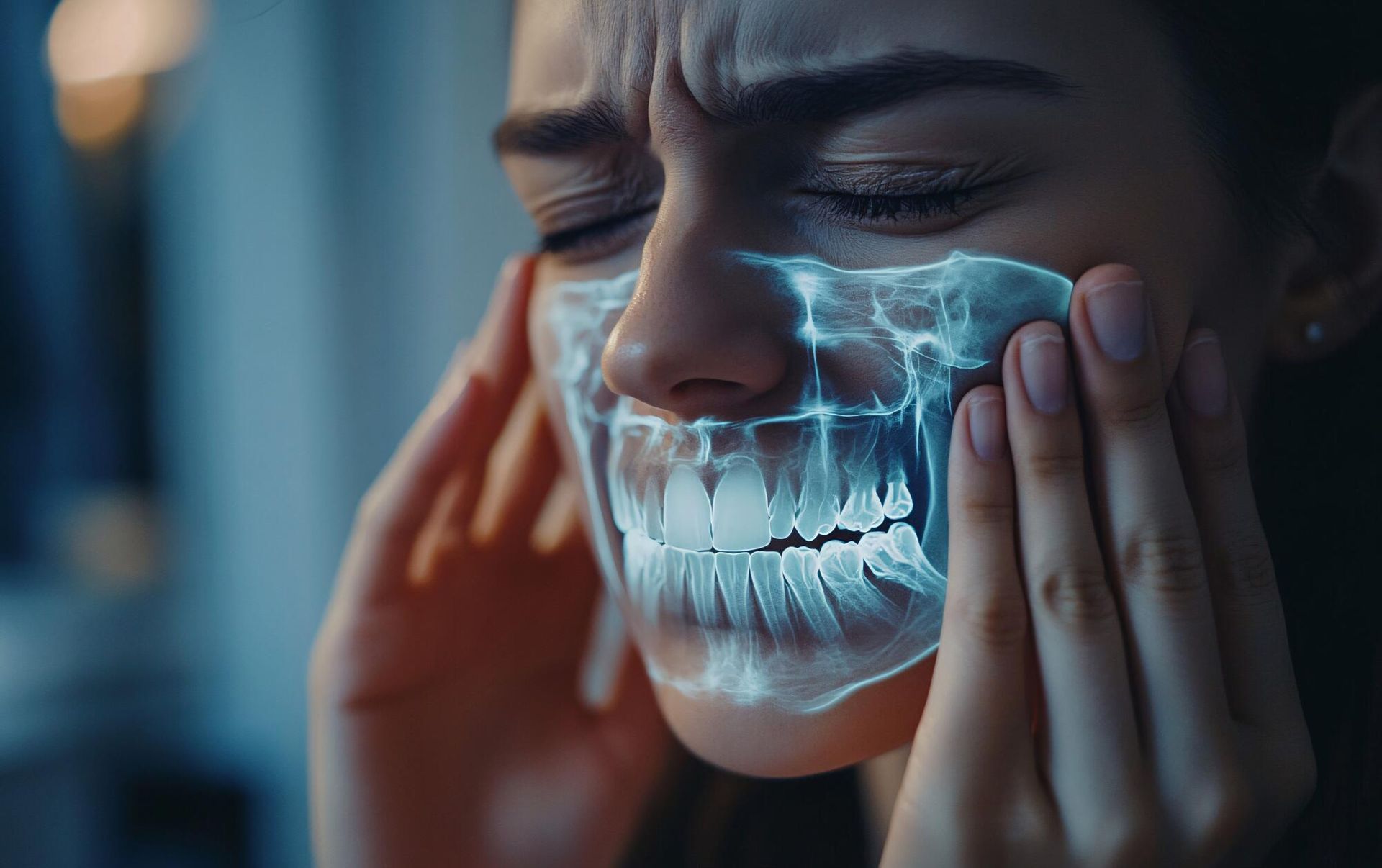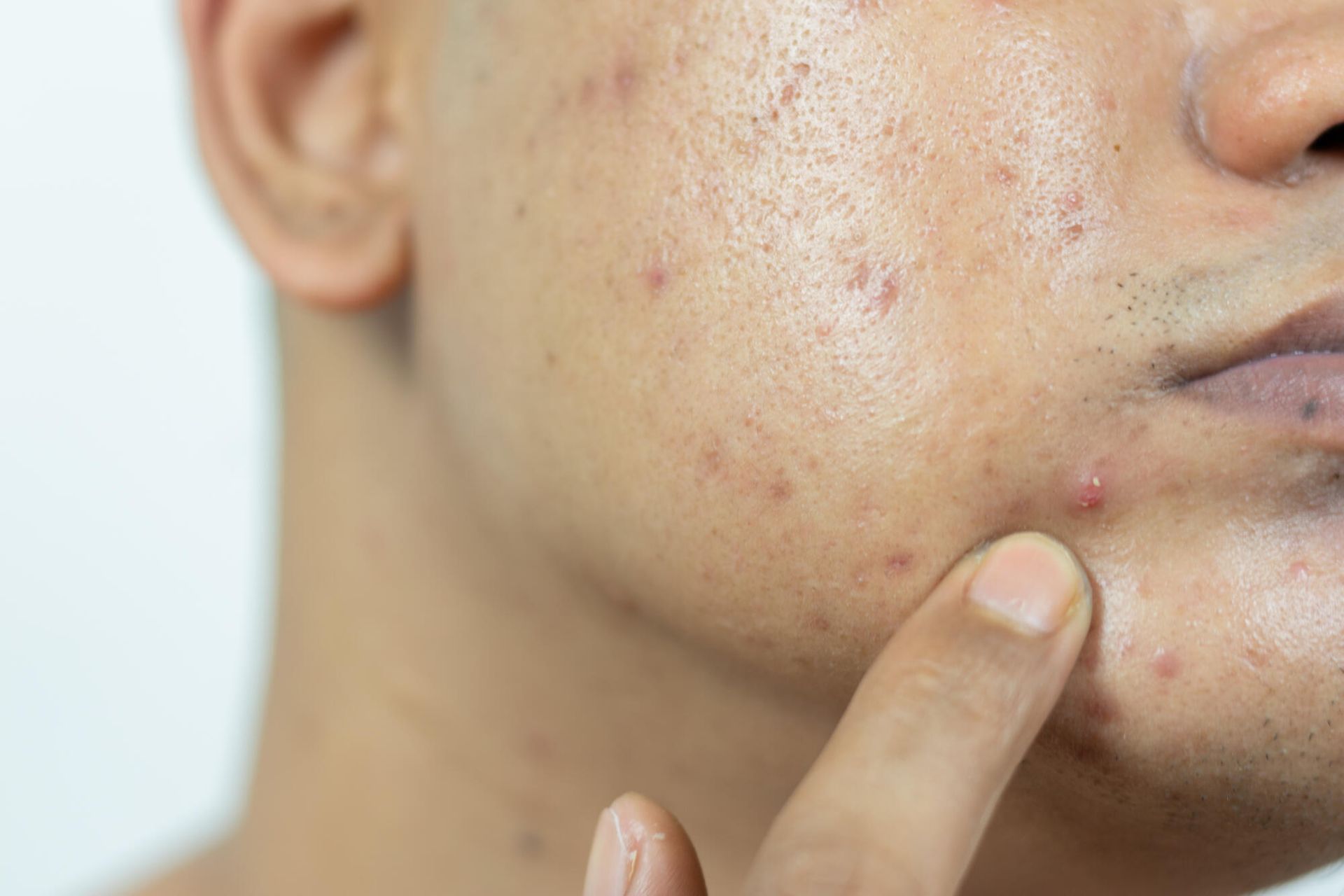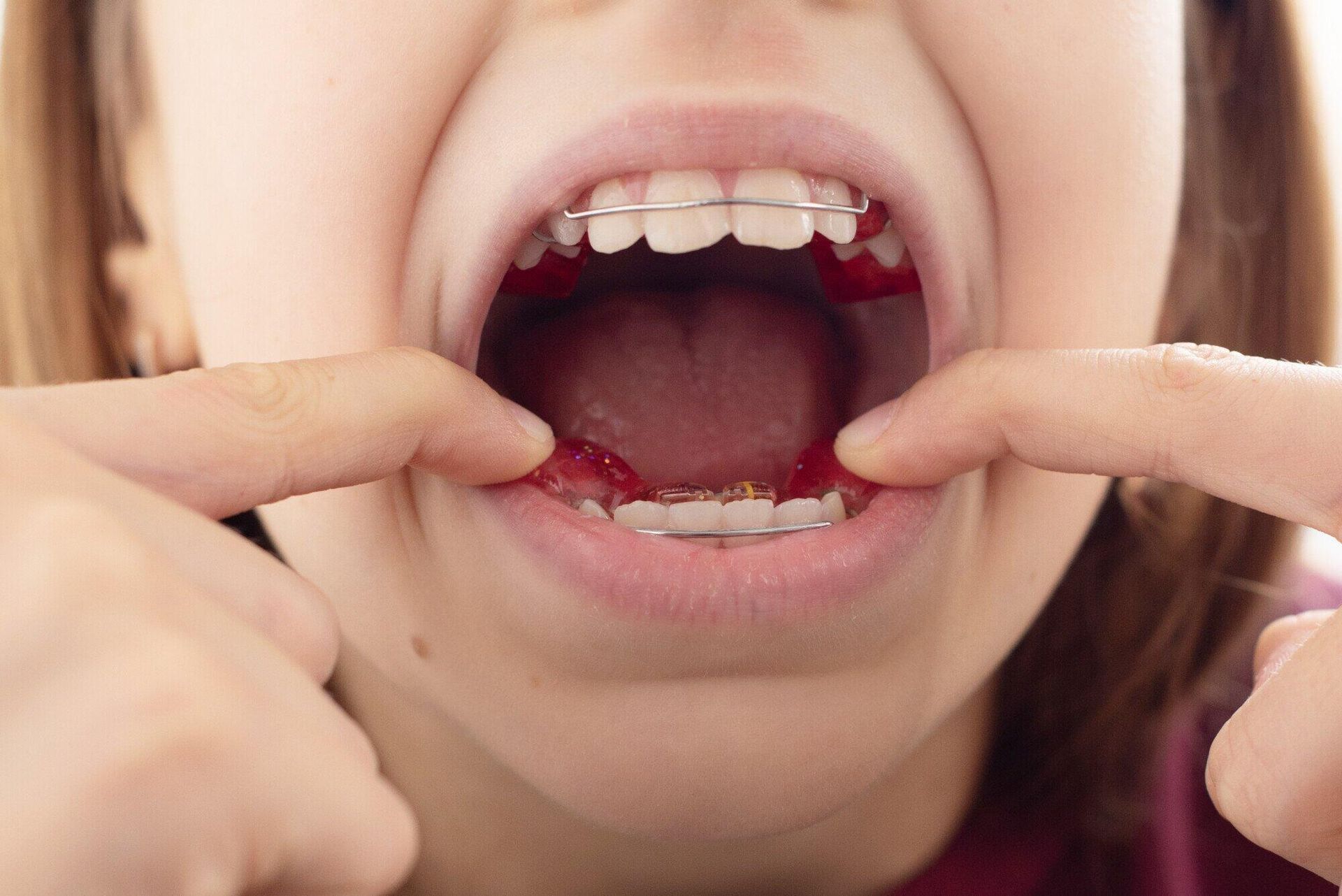A Beginner's Guide to Dental TENSing Treatment for TMD
Dental TENSing is one of the many treatment options for TMD pain that helps reduce inflammation in the surrounding muscles. Learn how it works here.

Transcutaneous electrical nerve stimulation (TENS) is a highly effective treatment for temporomandibular joint disorders (TMDs), also known as TMJ, that can eliminate that pain in your jaw once and for all.
A type of neuromuscular dentistry, dental TENSing works by electrically stimulating the muscles in the jaw and face. The result is a reduction in the painful symptoms of a TMD.
Want to learn more about dental TENSing and how it may help you? This guide explains what this treatment involves and the symptoms and types of TMD it can help.
What Is TENS?
TENS is a neuromuscular treatment that delivers electrical stimulation to the muscles of the face and jaw. This treatment aims to relax the muscles and improve jaw misalignment at the temporomandibular joint.
Dental TENSing is available at a general dentistry office near you.
How Does TENS Work?
TENS works by delivering small electrical charges via leads, electrodes, and low-voltage conductivity pads. The first step is to measure base levels of jaw and face muscle activity. Then, treatment can begin.
A TMD dentist in Burke, VA will hook up patients to the TENS unit. The unit will deliver an electrical impulse to the nerves that connect the jaw and face muscles to the brain. In all, the session will last around an hour.
After the sessions, the dentist will re-evaluate jaw and face muscle activity. Ideally, the treatment should have relaxed the muscles, allowing doctors to identify the patient's most comfortable bite position.
The next step is to create a custom orthotic device to train your jaw to remain in this more comfortable bite position. Ultimately, the treatment can help alleviate the painful symptoms of TMD.
Symptoms This TMD Therapy Can Treat
The main benefit of TENS treatment is alleviating TMD-associated pain. The following types of pain are among the most common complaints in people with temporomandibular disorders.
TMD Muscle and Joint Pain
The most common symptom of TMDs is pain or stiffness in the muscles and joints connecting the jaw to the skull. These muscles and joints include the temporal bone, the masseter, the condyle, and the mandible.
People experience this symptom primarily when chewing or making facial expressions. Dental TENSing can help relax these muscles and reduce lactic acid buildup in the joints to reduce stiffness.
TMD Headaches
A misaligned bite is one of the top reasons for this symptom in people with TMD. An improper bite stresses the jawbone and facial muscles, which may lead to a headache.
One of the main goals of TENS is to retrain the bite to a more comfortable position. The result is less strain on jaw and facial muscles and, ultimately, relief from TMD headaches.
TMD Dental Pain
Toothaches are not always symptomatic of TMD. They can be a sign of tooth decay, needing an extraction, or a dental abscess. However, chronic or re-occurring dental pain is also an oft-overlooked indicator of a TMD.
Dental pain is a symptom of bruxism and misaligned bite, both prevalent in people with TMD. TMDs can also cause tooth pain more directly due to problems with the mastication muscles.
TMD Neck Pain
TMD pain can spread from the jaw and face to the neck. Neck pain can be one of the first TMD symptoms to arise or emerge over time. Experts estimate that up to 70% of people with TMD experience this symptom.
What does TMD neck pain feel like? It impacts the back of the neck, most commonly at the very base of the skull. This area may feel sore and tender or achy and extremely painful due to TMDs.
Other TMD Symptoms
Pain and stiffness are not the only TMD symptoms TENS has the potential to treat. It can also help with:
- A locked jaw
- Joint popping or clicking
- Misaligned bite
Dental TENSing may also help with tinnitus, dizziness, and hearing loss due to TMD. However, it may not work for these symptoms if they are due to another health issue.
Types of TMD Dental TENSing Can Treat
Temporomandibular disorders can be divided into three categories: TMDs of the joints, TMDs of the masticatory muscles, and TMDs featuring headaches. Some people only have symptoms of one type, while others have multiple types.
The good news is that TENS can treat all three types of TMDs.
TMDs of the Joints
TMDs of the joints feature pain or stiffness in the temporomandibular joint. The pain may be caused by disc disorders or destruction of the temporomandibular joint.
Three types of disc disorders can cause this type of TMD. They can happen when the cartilage cushioning the joints of the jaw is damaged or deteriorates, leading to pain, headaches, ear pain, and other symptoms.
Damage to the TMJ is a type of degenerative joint disease. It is more common in older adults with arthritis and people who have had jawbone infections, mouth and jaw tumors, or tendonitis.
TMDs of the Masticatory Muscles
The masticatory muscles are the facial muscles responsible for chewing. There are primary masticatory and secondary masticatory muscles.
The primary muscles include the masseter, temporalis, and latter and medial pterygoids. The secondary or accessory muscles include the buccinator and suprahyoid and infrahyoid muscles.
There are two hallmark symptoms of these types of TMDs. They are facial or jaw pain that gets worse when applying pressure and facial or jaw pain that starts in one place and radiates somewhere else.
TMDs Featuring Headaches
The main symptom of this type of TMD is a headache. Experts distinguish between at least 15 different types of headaches, including but not limited to:
- Tension headaches
- Cluster headaches
- Ice pick headaches
- Thunderclap headaches
- Migraines
With this type of TMD, headaches are not the only symptom. TMDs featuring headaches co-occur with one of the other two types we talked about above.
Searching for 'Dental TENSing Treatment Near Me'?
TENS treatment may be just what you need to eliminate painful TMD symptoms once and for all. It uses mild electrical impulses to encourage relaxation of the jaw and facial muscles. Dental TENSing can work for all types of TMDs and the symptoms that come with them.
Do you need a dentist in Burke, VA that offers this TMD treatment? DentalCare Burke is a full-service general dentist specializing in TMJ and TMD dentistry. Book your dental TENSing appointment today!
Dr. Bernard Lynch
Joshua Kibrom
Michael Gebre
